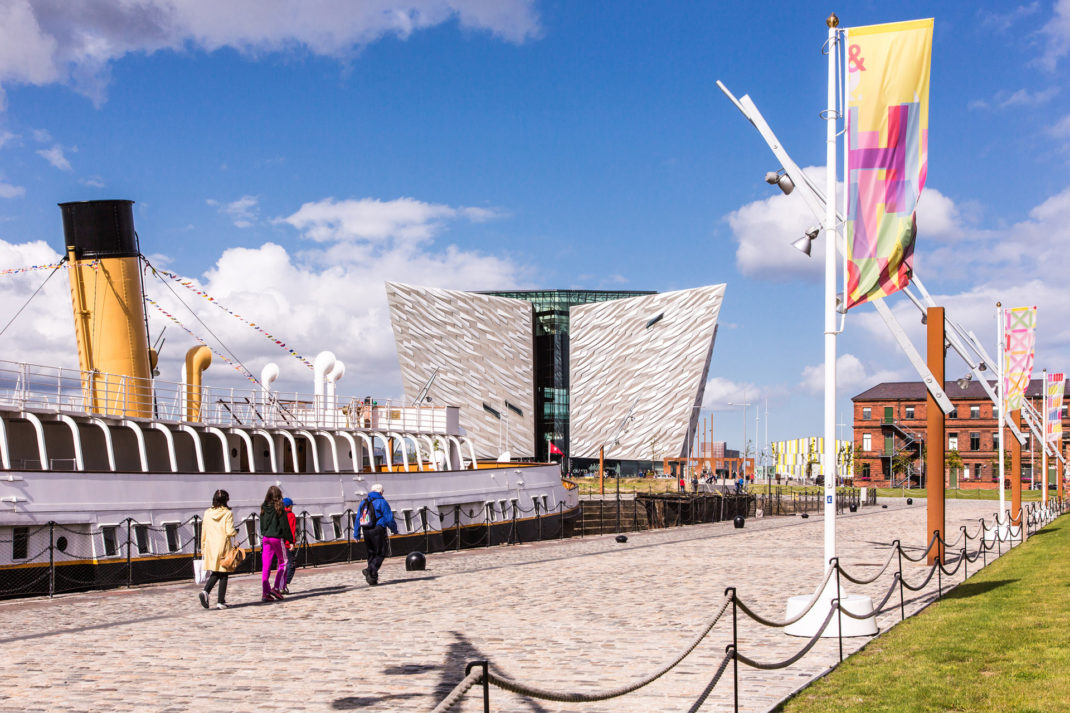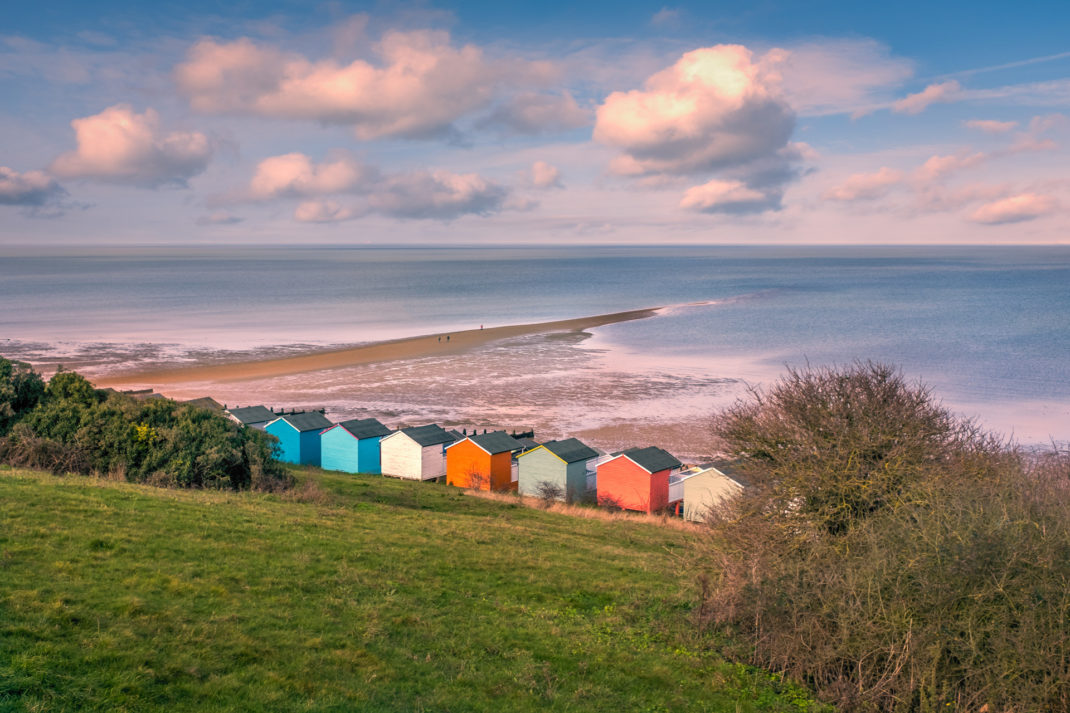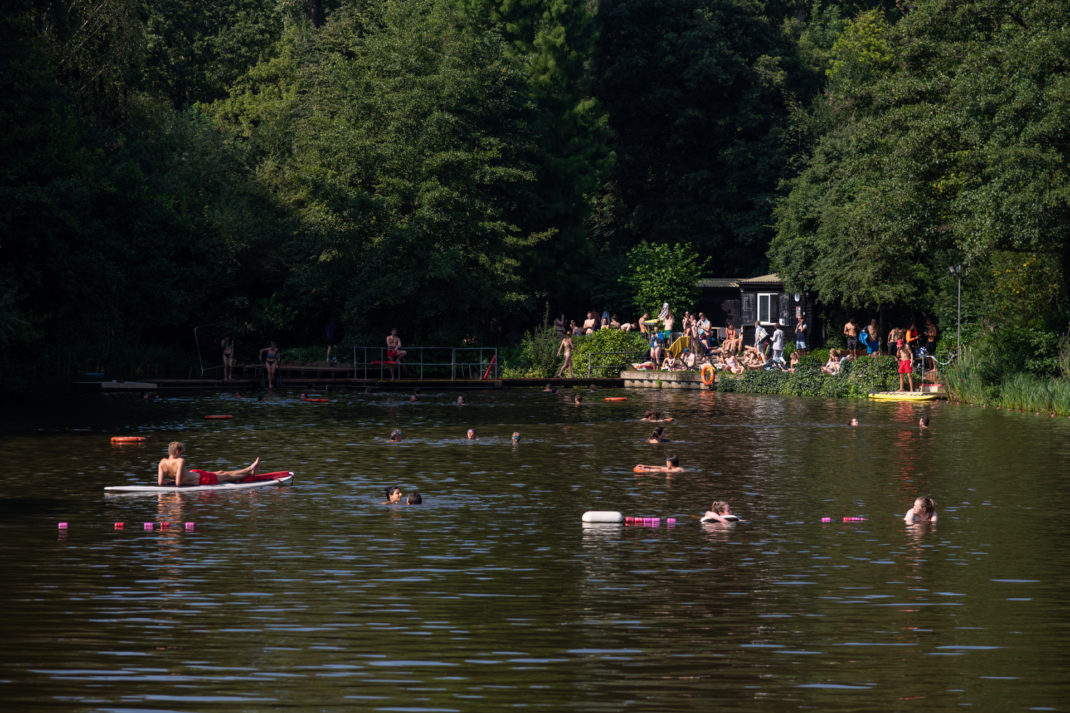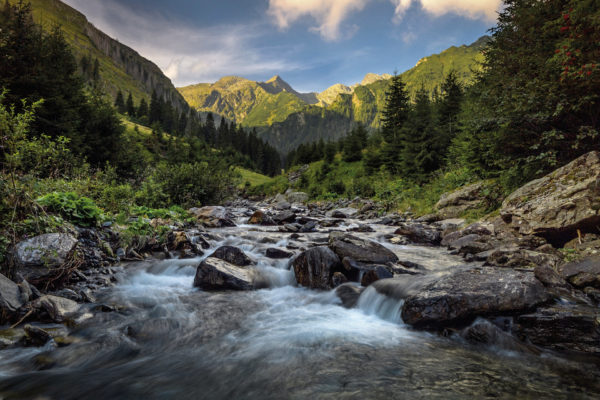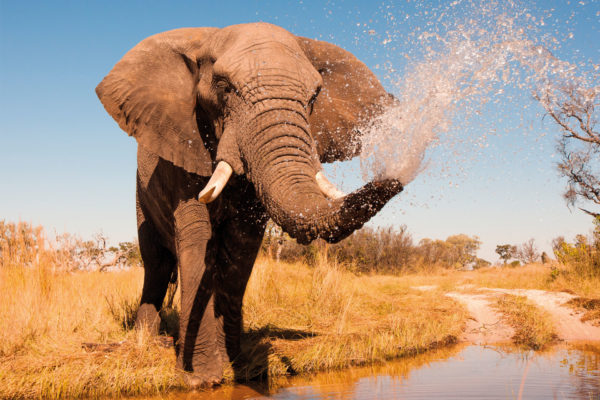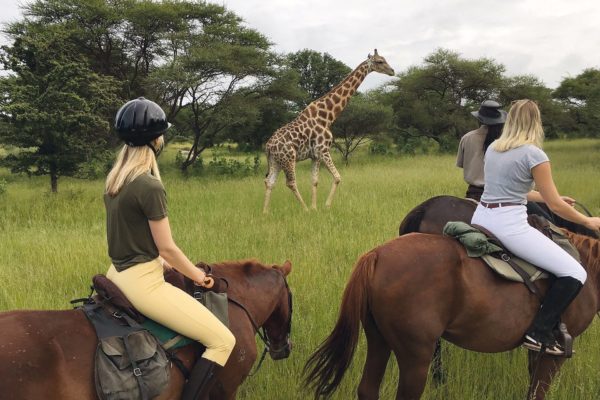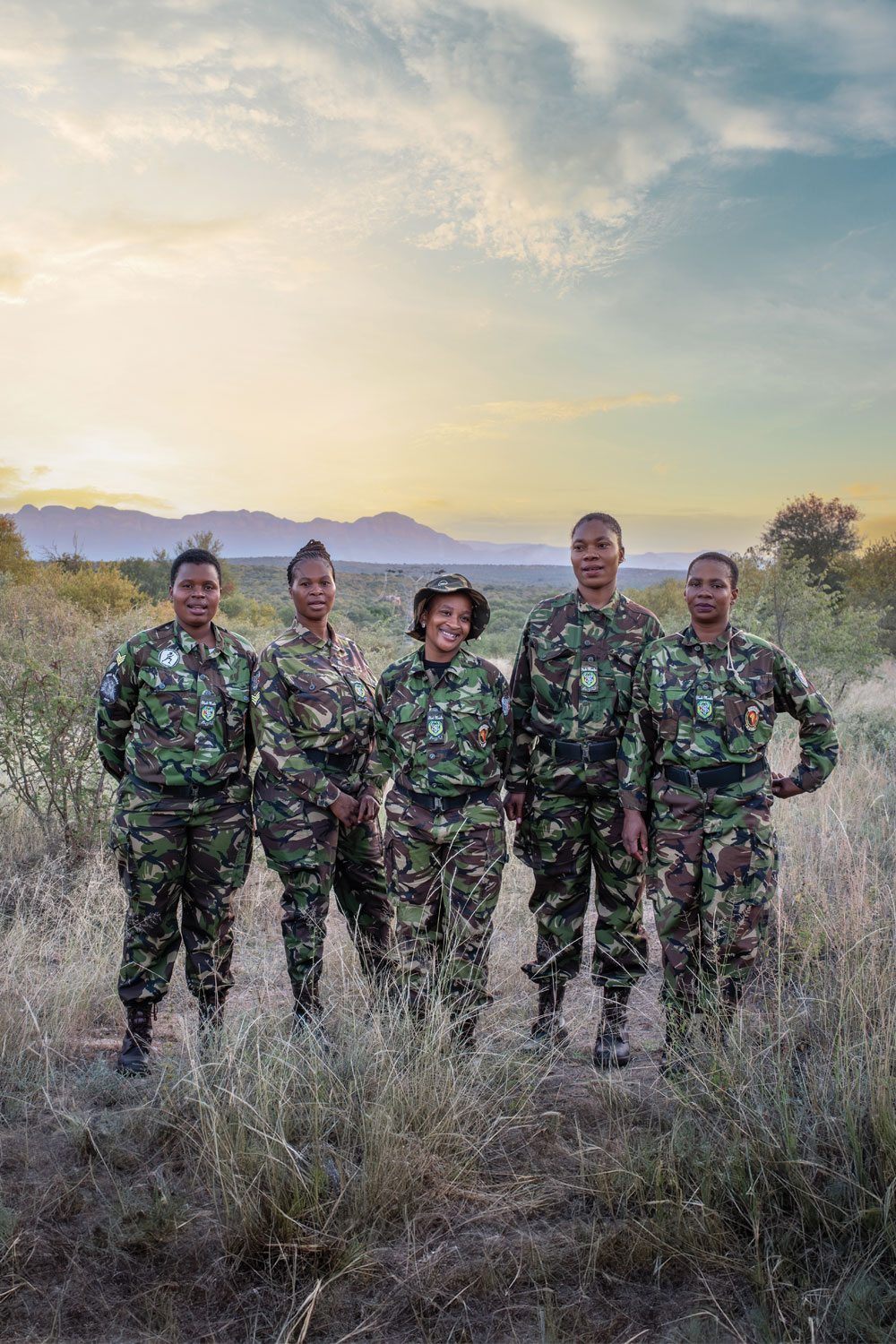
I Stayed With The World’s First All Female Wildlife Ranger Unit
By
1 year ago
Meet the Black Mambas
Lucy Cleland goes bush in Kruger, South Africa, with the Black Mambas, the world’s first all-female wildlife ranger unit.
Read the C&TH Guide to Responsible Tourism
Meet The World’s First All-Female Ranger Unit, The Black Mambas
It’s a truth universally acknowledged that it’s not a great idea to spend a night with a Black Mamba. Luckily, my sleep was not blighted by the terror of rubbing up against Africa’s largest poisonous snake. Rather, I could rest easy – apart from the spectacular midnight lightning display – knowing that should any serpent writhe up to me in my tent, one of the highly trained women from the world’s first officially recognised all-female wildlife ranger unit, aka the Black Mambas, would be there in a flash.
Not that protecting tourists is their day job, of course. That’s far more interesting and important. They’re out on bush patrol, finding snares, monitoring wildlife and keeping their eyes peeled for poachers. Also, crucially, they’re educating the youngest members of their community (the ‘bush babies’) that keeping animals alive is both better for them and the wildlife – each group sustaining the other: employment and financial independence for one; protection and conservation for the other. They’re also pretty kickass in their army fatigues (the three-month army-style training is ‘brutal’) – yet without a weapon in sight. Critical to this unit is that they are, controversially, armed with nothing more than pepper spray and a pair of handcuffs.

The writer with the Black Mambas
Thanks to a unique partnership with the travel industry’s biggest B Corp, Intrepid Travel, I – and you, if you sign up for one of their trips that includes this one-night-only experience with the Mambas – get to meet and hang out with a handful of them at an overnight stay at their bush training camp.
Leitah Mkhabela, Felicia Mogakane, Cute Mhlongo, Debra Mukanzi and Collet Ngobeni greet us with a range of shy to wide smiles and shuffling black boots at Mambas HQ in the Olifants West Nature Reserve in Greater Kruger Park – where all the Big Five – lion, elephant, rhino, buffalo and leopard – and the odd viper – can be found.
The first thing you catch sight of outside their modest quarters is a set of rhino skulls on the ground. These, together with the stacked-up nests of wire snares that the Mambas have found on their daily patrols (in the past six years they have removed more than 1,471), are a stark reminder that poaching – particularly of the highly endangered rhino – is a very real and present danger. Why no weapons is the first question that springs to mind.
According to the unit’s founder, Craig Spencer, a deeply tanned, sinewy-bodied man in his fifties who lives and breathes conservation and is no stranger to the criticism he garners for this novel approach to anti-poaching, the answer to that is that he was keen to ‘break that culture of being militarised in South Africa’.
‘I don’t believe for one moment that with the right kind of training, you still need a weapon to defend yourself against animals,’ he tells us as we chow down vegetable stew and maize meal together round the campfire later. ‘We also realised that poachers are scared of being detected. You can see it in the clothing that they’re wearing, the traditional medicine they carry, the sponges they put under their shoes so they don’t leave tracks… They want to know how they can get in and out of this place without being caught – it’s a totally different set of neural pathways to choose to take another person’s life.’
And what about lions? The Mambas tell us, giggling, that they have had their fair share of animal encounters. Cute recounts the story of coming across a young lion cub who took a particular liking to her, wanting to play until the mother turned up and didn’t seem too keen. Despite this, nobody has yet – to this day – been seriously injured and there’s an armed response unit just a call away.
Craig likens the Mambas – many of whom are mothers to children that they must leave in the care of family members for 21 days at a time – to our British bobbies on the beat. Their omnipresence alone is a deterrent (they patrol both day and night in shifts). And given that traditional gun-carrying male rangers were not dealing with the devastating loss of rhinos in Kruger National Park (according to Helping Rhinos, which is supported by Intrepid Travel’s non-profit The Intrepid Foundation, in the last ten years close to 10,000 rhinos have been lost to poaching), it was time to rethink the solution: the Mambas, Craig believes, are a part of that answer.

The world’s first all female wildlife ranger unit
‘I’ve been doing this [conservation] for 30 years now,’ says Craig. ‘And in that time we’d just been getting better guns, better night vision equipment, better helicopters… It was all militarised. And I was just tired of the guns because it literally doesn’t make any difference. You’re not going to shoot the problem away.’
Leitah concurs: ‘We cherish life,’ she says as we gather around the campfire. ‘We don’t want to live in a village where there are widows and orphans [many poachers live among the local communities from where the Mambas are employed and are just trying to eke out a living]. So that’s why we’re unarmed.’
Since the Mambas first started patrolling ten years ago, there has been a 63 percent reduction in poaching incidents in their area, so it appears that this female-centric approach is proving that old ways can change.
‘I want to tell my grandchildren one day how I helped to protect the animals,’ continues Leitah, ‘not sad stories about how I killed five men. I love my earth.’
Leitah’s words linger with me as I pick my way gingerly to my tent alert to snakes in the darkness, guided only by a blister pack of stars in the African sky, and thinking how obvious it is that group of unarmed mothers are helping dial down the violence that has stalked this country for centuries.
How To Stay With The Black Mambas
Intrepid Travel offers trips to South Africa with the Black Mambas experience included from £905pp, inc. accommodation, some meals and activities, (intrepidtravel.com). Flights to Johannesburg from Heathrow with British Airways start from around £700 (britishairways.com).
Lucy’s return flights had a carbon footprint of 2,863kg CO2e. ecollectivecarbon.com

